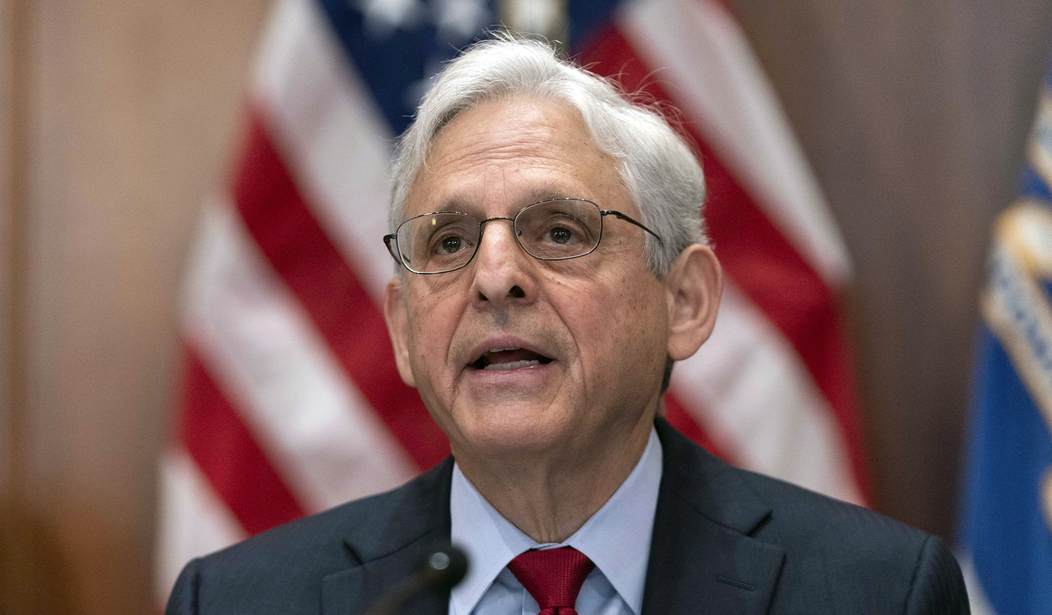When the pandemic was at its height, the Trump administration allowed around 13,000 non-violent federal prisoners to serve their sentence from home, largely because COVID-19 deaths spiked in prisons as a result of the close quarters and generally unhealthy condition of many prisoners.
Before Trump left office, his Justice Department released a memo demanding that the inmates be returned to serve the rest of their sentences in prison once the pandemic emergency was over.
It didn't work out that way. The Biden Justice Department issued an order that allowed the prisoners to serve the rest of their sentences in home confinement.
Admittedly, most of the prisoners were convicted of non-violent drug offenses. "It would be a terrible policy to return these people to prison," Attorney General Merrick Garland said, "after they have shown that they are able to live in home confinement without violations."
But Senate Joint Resolution 47, introduced by Tennessee Sen. Marsha Blackburn and co-sponsored by 28 Republicans, disagreed. Arkansas Sen. Tom Cotton wrote that the proposed veto by Biden "betrays victims and law-enforcement agencies that trusted the federal government to keep convicted criminals away from the neighborhoods that the offenders once terrorized."
The administration issued a statement of policy defending the president's action.
"Of the over 13,000 people released to home confinement under the CARES Act, less than one percent have committed a new offense—mostly for nonviolent, low-level offenses—and all were returned to prison as a result," the statement says. "Moreover, since home confinement is less than half the cost of housing someone in prison, this program has saved taxpayers millions of dollars and eased the burden on BOP staff so they can focus on the higher risk and higher need people in Federal prison."
Criminal justice advocacy groups began pressing the Biden administration to reverse that decision, arguing that the program had been an unqualified success and that it would be bizarre and cruel to send back people who had thrived on the outside. The White House initially declined to do so, instead announcing a clemency initiative that would have targeted only nonviolent drug offenders, leaving thousands of others, such as white-collar offenders, to return to prison regardless of their conduct. But last December, the Justice Department reversed course and issued a new memo finding that the BOP had the discretion to leave them under house arrest for the remainder of their sentences.
Not that it matters much to the left, but allowing these prisoners to remain in home confinement weakens the rule of law and makes a mockery of individual responsibility. Instead of a blanket ruling for all released convicts, shouldn't it be on a case-by-case basis? Some of the offenses these criminals are serving time for may be considered "non-violent" by the criminal justice system but by definition are outside the bounds of behavior in a civil society.
I'm with Sen. Cotton. Biden's veto "betrays victims and law-enforcement agencies," and the president shouldn't do it.










Join the conversation as a VIP Member